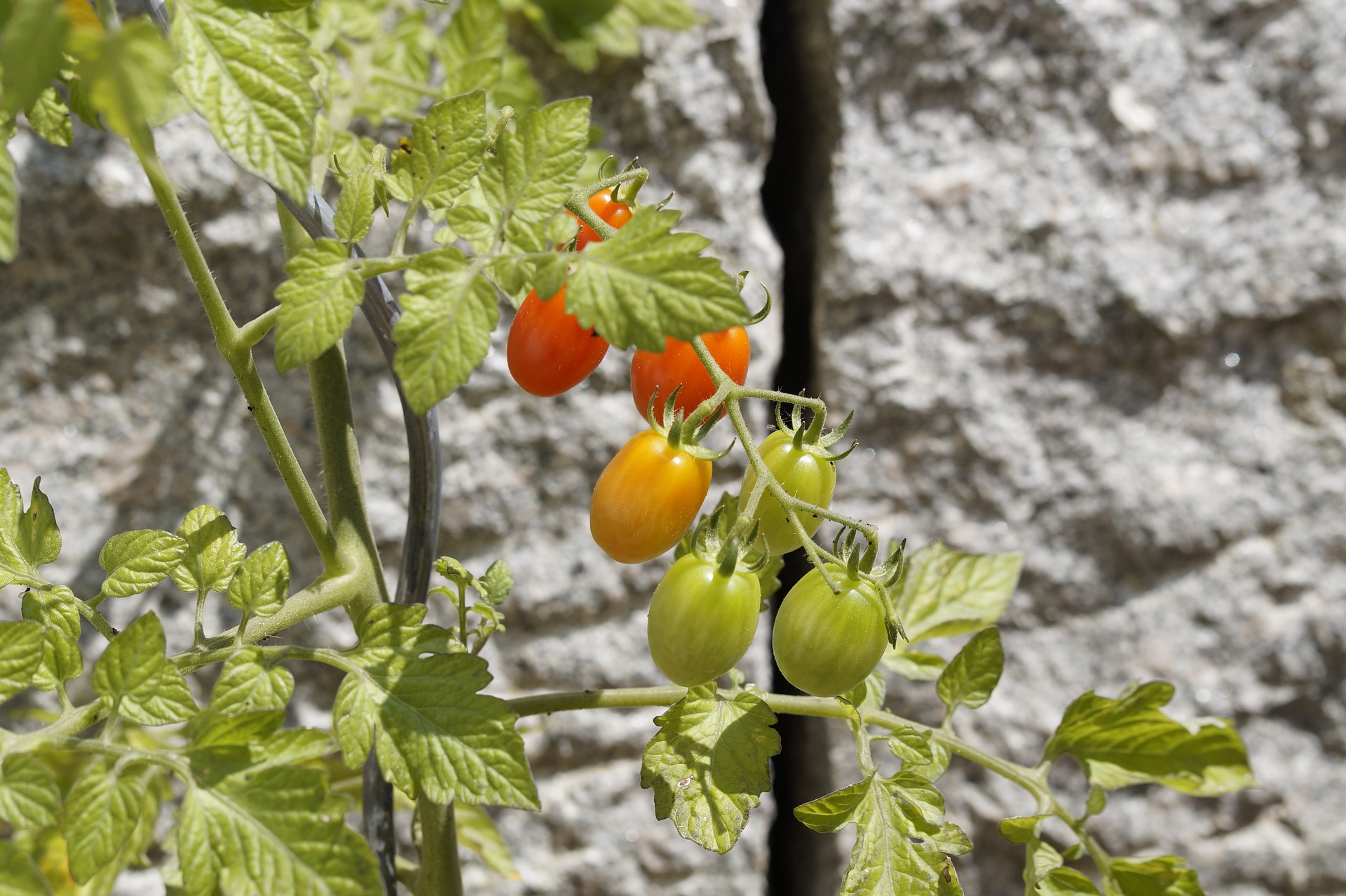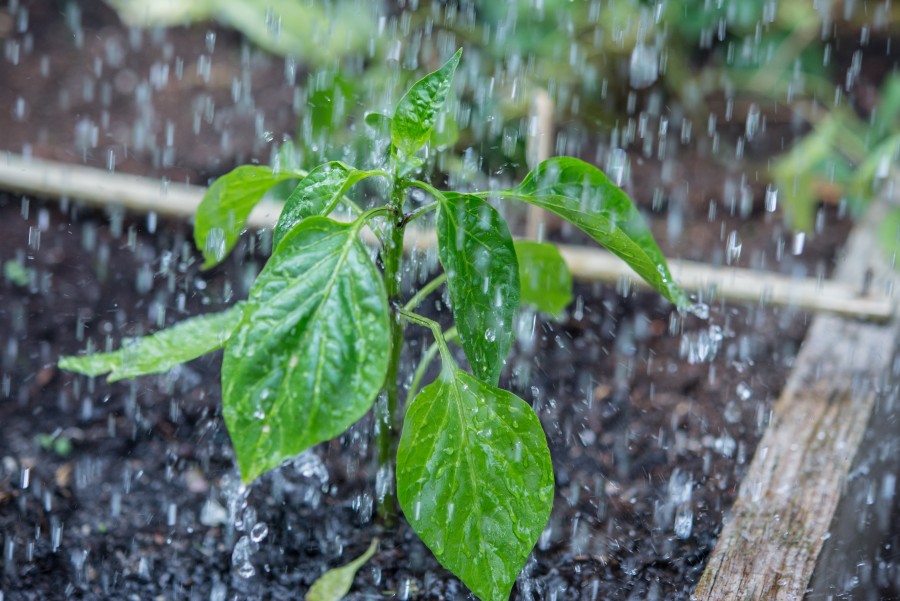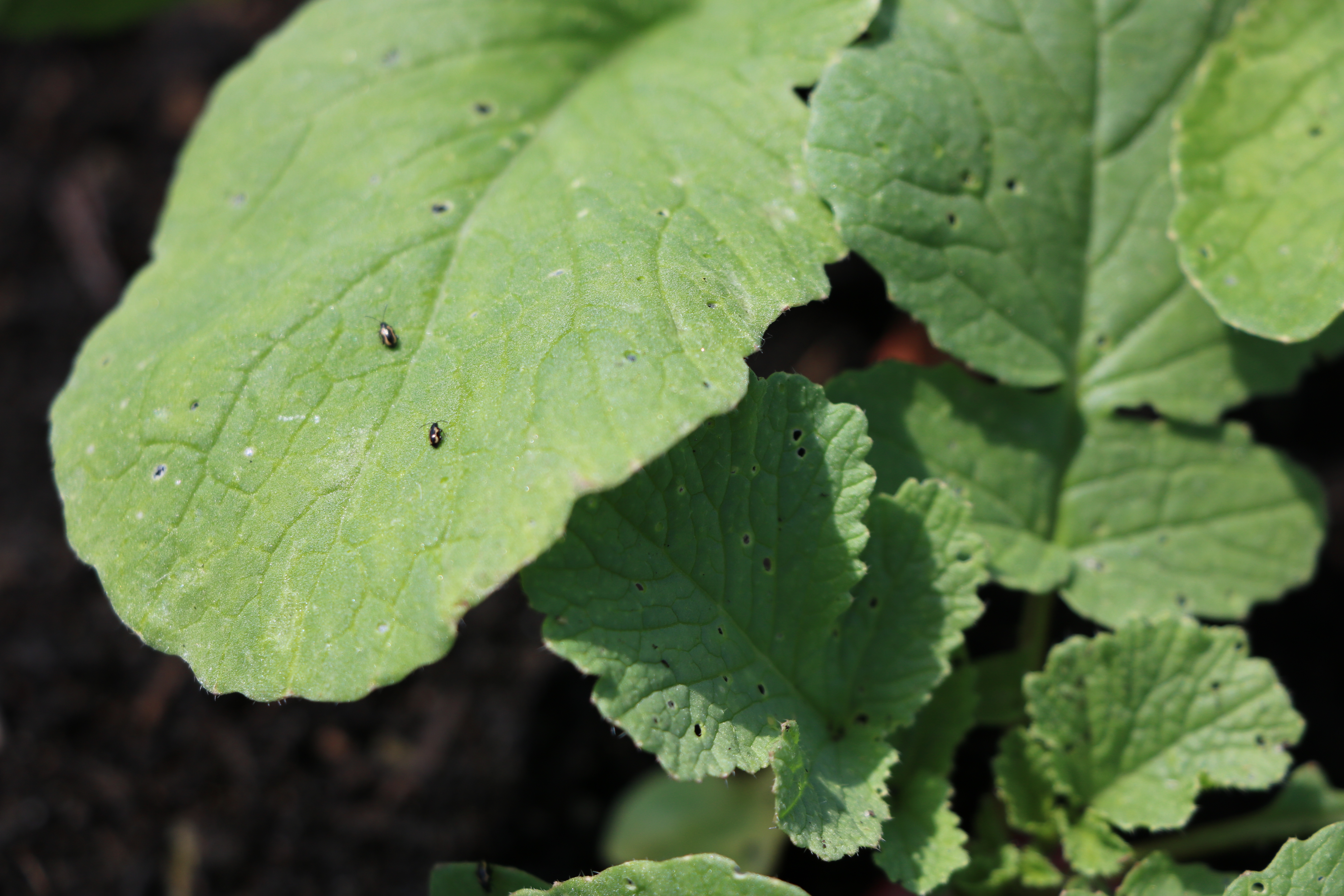Easy Task List To Care For Your Vegetables!
There’s nothing quite like eating food straight out of your garden. Garden vegetables let you enjoy the freshest flavour, seasoned with the knowledge that it’s literally the fruits of your labours. But before you can get to the “fruits” part, there is the “labour.”
Tending a vegetable garden can seem like a pretty daunting task to tackle if you’re new to gardening. Breaking the to-do list into smaller, more regular jobs will allow you to avoid becoming overwhelmed and discouraged.
Breaking Down Your To-Do List
Planning Is So Important!
A good beginning will make for an easier go throughout. Plan your garden out carefully before you even start planting. Be aware of which plants need sun, which need shade, and which need a bit of both.
Think About Accessibility…
Keep accessibility in mind while you plan your garden. Those zucchini plants might look pretty small at first, but they’ll grow (and grow!) Consider putting in a trellis or using cages so that climbing plants like tomatoes, cucumbers, and peas grow up instead of out. If you’re going this route, make sure you encourage upward growth right away by tying the plants when they’re still young.
Being able to easily maneuver in your garden will make it easier to weed, which is a job you should try to do every day. Make sure you get the roots, too. Weeding is easiest to do when the ground is soft, so try to pair this job with your watering.
Water…But Not Too Much!
Speaking of watering, this is another job you should do regularly, but make sure you don’t overdo it. While the temptation might be to run the hose out every morning and evening (and sometimes in the afternoon, too), you might end up doing more harm than good. Do your research to determine how much water the vegetables you’re growing actually need. And don’t water in the middle of the day! It’s better to do it either in the morning or later in the evening so that the water has a chance to really soak into the soil. Remember, you’re actually watering the roots, not the leaves.
Be Aware of Disease & Pests
While you’re tending to your garden, keep an eye out for signs of disease or pests. Try to figure out what you’re dealing with, and then research your options carefully. If you decide to use pesticides to combat insects, be sure to follow the instructions very carefully. Leave the earthworms alone, though; they’re actually hard at work for you, aerating the soil.
And finally, be aware of your vegetables’ harvest cycle. Make sure you pick your produce when it’s ready, and enjoy the end result of your hard work!
What Soil Should You Use For Your Vegetables?
We recommend that you prepare your garden by using BigYellowBag Black Garden Soil. The light and fluffy properties of the soil make it a fantastic growing medium for whatever vegetables you’re planting. BigYellowBag Black Garden Soil is made up of a mix of black loam, peat loam, compost, and manure. Loam is a soil type composed of sand, silt, and clay in the right ratios so that there is a perfect balance of drainage and moisture retention. The soil is also packed with essential nutrients and organic matter veggies need to grow healthy and strong.
Hopefully, you find these tips helpful. Taking the time to create a plan and maintain your garden well can benefit you in the long-run. Stay up to date on your plants’ needs and you will grow a garden to be proud of. Make sure you use BigYellowBag’s Black Garden Soil for the best results!





